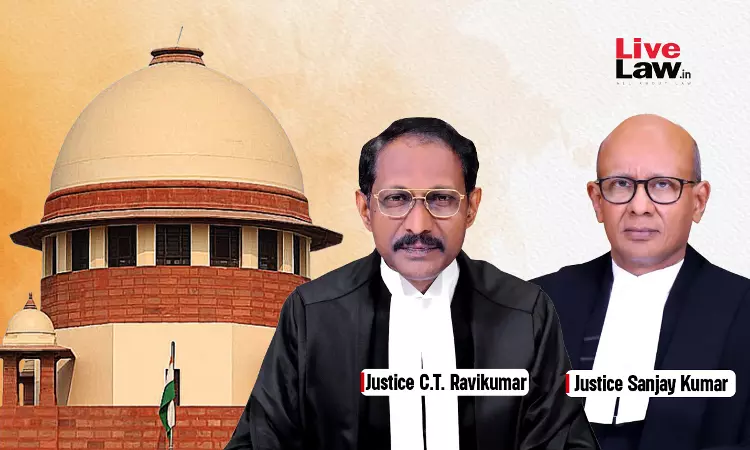'Punishment Must Be In Proportion To Gravity Of Offence', Supreme Court Enhances Sentence For Bigamy
Yash Mittal
16 July 2024 11:49 AM IST

Next Story
16 July 2024 11:49 AM IST
Observing that the Court must impose a sentence commensurate with the gravity of the offence, the Supreme Court on Monday (July 15) enhanced the sentence imposed on a man and a woman for the offence of bigamy under Section 494 of the Indian Penal Code.The accused were subjected to undergo meager imprisonment till the rising of the court. After taking into consideration the nature of the...
